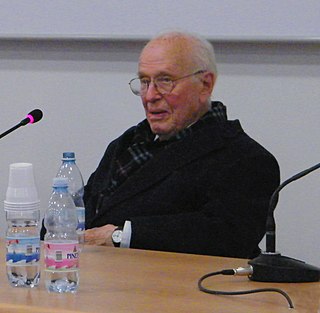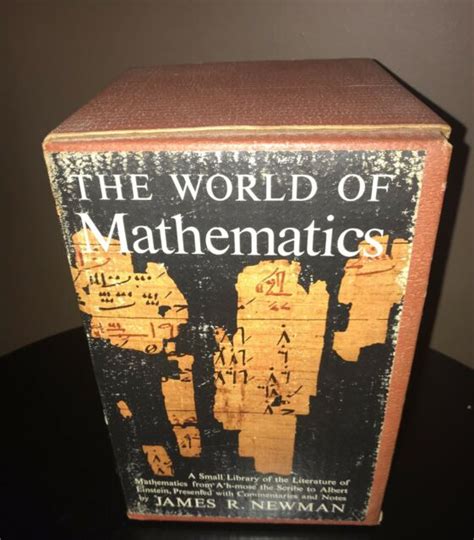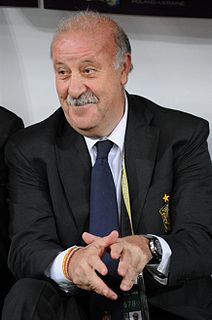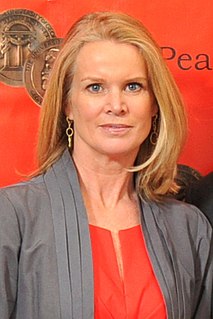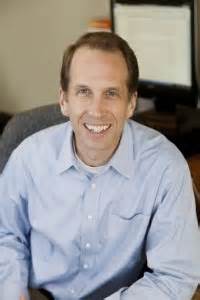A Quote by Paul Ormerod
The temptation to use mathematics is irresistible for economists. It appears to convey the appropriate air of scientific authority and precision to economists' musings.
Related Quotes
We chose to do this work mathematically, which has the advantage of precision but is not always appreciated by readers. It is perhaps for this reason that anthropologists have not shown much interest in these models, unlike economists, for example, for whom the use of mathematics poses no problem. However, one could reach the same conclusions by using just a bit of common sense.
Mathematical economics is old enough to be respectable, but not all economists respect it. It has powerful supporters and impressive testimonials, yet many capable economists deny that mathematics, except as a shorthand or expository device, can be applied to economic reasoning. There have even been rumors that mathematics is used in economics (and in other social sciences) either for the deliberate purpose of mystification or to confer dignity upon common places as French was once used in diplomatic communications.
It is almost as hard to define mathematics as it is to define economics, and one is tempted to fall back on the famous old definition attributed to Jacob Viner, "Economics is what economists do," and say that mathematics is what mathematicians do. A large part of mathematics deals with the formal relations of quantities or numbers.
Economists use the word consume to mean "utilize economic goods," but the Shorter Oxford Dictionary's definition is more appropriate to ecologists: "To make away with or destroy; to waste or to squander; to use up." The economies that cater to the global consumer society are responsible for the lion's share of the damage that humans have inflicted on common global resources.

